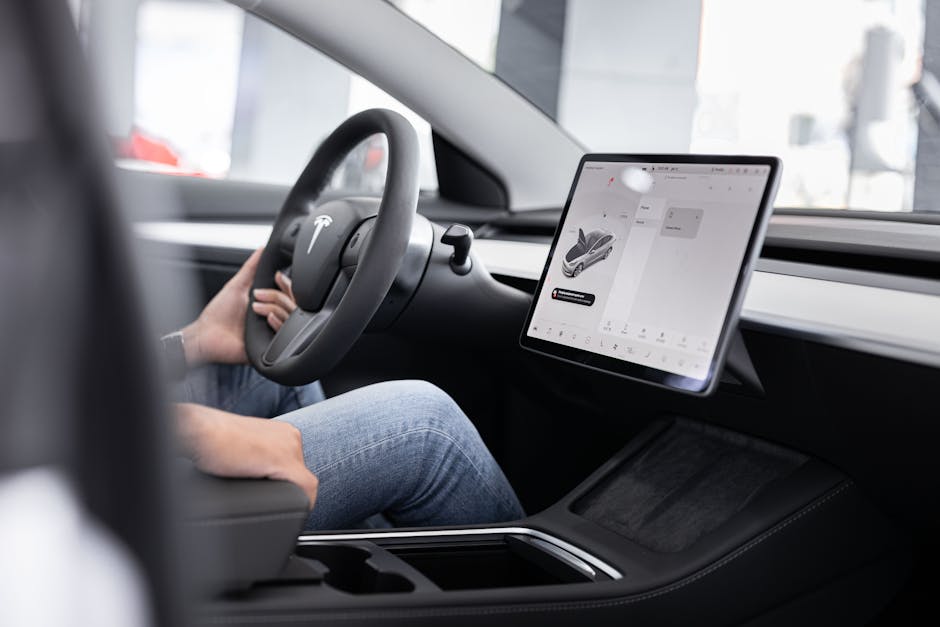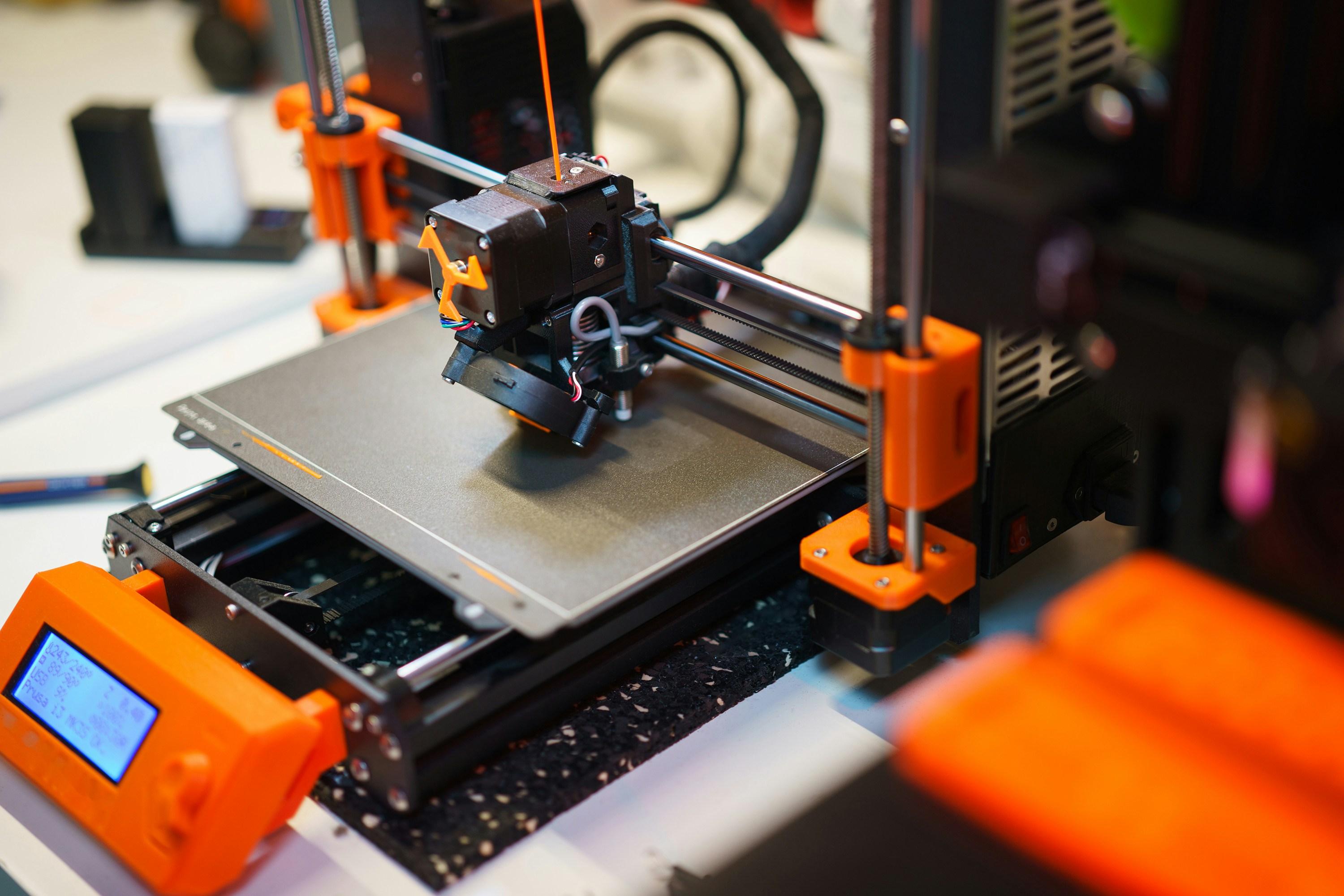Electric Vehicles: Empowering Tech Workforce Development Today
In a world where technology evolves at a breakneck speed, electric vehicles (EVs) are not just transforming how we get from point A to point B; they're also revamping workforce development and bolstering job creation in the tech era. As sustainable transportation takes center stage, the electric vehicle industry is creating an exciting array of opportunities that demand skilled labor, innovative thinking, and adaptability. This evolution is reshaping not just the automobile landscape but society as a whole, paving the way for a workforce that is more agile, informed, and diverse.
The Surge of Electric Vehicles
The global automotive industry is undergoing a significant shift, spurred by the rising demand for electric vehicles. This transition isn't simply about adopting new energy sources; it's an entire ecosystem that extends to job creation, technological innovations, and workforce readiness. Reports forecast that the EV market could surpass $800 billion by 2027, which will inevitably fuel a surge in employment opportunities across various sectors. From engineering and manufacturing to software development and customer service, the ripple effects of this boom are extensive.
Job Creation in EV Manufacturing
With numerous manufacturers, including established giants like Ford, GM, and Tesla, ramping up their electric vehicle production, the demand for skilled workers is rising. It’s estimated that as many as 1 million jobs could be created in the next five years as businesses evolve to meet the demands of producing electric vehicles. These roles span from assembly line workers to high-tech engineers developing the next generation of vehicle software and artificial intelligence systems.
For more insights into how EVs impact manufacturing, check out this piece on revamping interior design in electric vehicles.
The Importance of Technical Training
To take full advantage of this job boom, a well-prepared workforce is necessary. Educational institutions are pivotal in this transition, offering programs specifically tailored for skills needed in an electrified job market. Vocational schools and universities are adapting their curricula to include specialized training in electric vehicle technology, battery development, and sustainable engineering practices. This shift not only equips students with relevant skills but also ensures they are job-ready upon graduation.
Moreover, businesses are increasingly partnering with educational institutions to create internships and apprenticeships, like those that provide hands-on training in EV technology. This synergy sets up a pipeline of talent ready to fill roles that will sustain the EV boom.
The Role of Automation and AI
Artificial intelligence and automation are crucial in enhancing the operational efficiency of electric vehicles and their manufacturing processes. As robot-assisted manufacturing gains traction, the jobs that remain will increasingly rely on human workers focusing on maintaining, configuring, and programming these advanced systems. This evolving skillset will empower workers to adapt while playing a crucial role in innovation.
Automation will significantly improve productivity, but it also creates a demand for workers who can analyze data and make informed decisions—skills that did not have to be a priority in the traditional automotive industry. Given this shift, ongoing education and retraining will be vital to ensure workers can meet the new demands of the marketplace.
Green Technologies: A Driver of Economic Opportunity
The drive toward electric vehicles comes with an overarching commitment to sustainability. The broader green economy, powered by initiatives around renewable energy and efficient technology, presents immense economic potential that extends beyond the vehicle itself. EVs are often integrated into larger smart grid frameworks, leading to new roles in energy management and sustainability consulting.
Incorporating innovations such as biophilic design in vehicle interiors not only enhances comfort but also connects consumers to nature. Understanding these intricate designs can also lead to new job roles focused on environment-friendly practices and sustainable materials in vehicle manufacturing.
EVs and Urban Job Markets
Electric vehicles are also influencing urban job markets, transforming city landscapes and incorporating job roles within the EV ecosystem to improve community engagement and local economy stability. From charging infrastructure development to EV-sharing programs, cities are actively seeking solutions that cater to eco-conscious consumers and companies looking to invest in sustainable practices.
The integration of EVs also fosters collaboration between local governments and technology firms to develop integrated transportation solutions. Utilizing smart technology enables cities to optimize traffic management and improve air quality, directly enhancing job prospects in urban planning and sustainable development.
For a deeper dive into how EV technology is shaping urban landscapes, view this article on autonomous vehicles and urban design.
Overcoming the Challenges of Transition
As promising as the future of electric vehicles looks, the transition isn’t without challenges. From supply chain issues in battery production to regulatory hurdles, businesses and workers alike must navigate an evolving landscape that can shift dramatically as new technologies emerge.
Additionally, it’s crucial to address equity in this job transformation. Historically marginalized communities often find themselves at risk of being left behind in shifts towards electrification. Programs aimed at reskilling and upskilling workers in these communities are vital to ensure inclusive growth and broad-based economic benefits.
EVs as Drivers of Innovation

Electric vehicles also foster a culture of innovation not just in transportation but across various business sectors. The technologies developed for EVs often translate to improvements in other fields, including telecommunications, renewable energy, and even healthcare. For example, the predictive maintenance strategies used in EVs can be applied to various industrial machinery, creating cross-industry job opportunities.
The merging of technology and transportation allows workers to think more creatively about their roles and how they can contribute to a broader mission of environmental stewardship and technological advancement.
The Future Landscape: Collaborations and Partnerships

The evolving landscape of electric vehicles requires collaboration among automakers, tech companies, educational institutions, and governments. By pooling resources and expertise, these stakeholders can create robust frameworks for training and employment, ensuring that workforce development keeps pace with technological advancements.
Partnerships dedicated to R&D on sustainable materials and processes could lead to innovations that further enhance the efficiency and sustainability of electric vehicles, paving the way for a new wave of employment opportunities.
For those interested in how technology changes the EV landscape, consider reading about AI-powered predictive maintenance and its roles in modern vehicle operation.
Final Thoughts
The rise of electric vehicles symbolizes more than just a shift in transportation, it’s a puent opportunity for educators, businesses, and policymakers to cultivate a skilled workforce ready to tackle the challenges of tomorrow. By focusing on sustainable practices, adapting educational frameworks, and fostering collaboration across sectors, we can ensure that the transition to electric vehicles leads to a robust and inclusive job market.
As you reflect on this new landscape, consider where you can contribute—be it through education, innovation, or just informed consumer choices. The road ahead is not just about electric vehicles; it's about creating a future that's sustainable and empowering for everyone.










